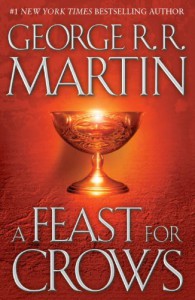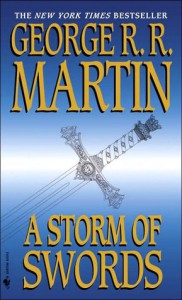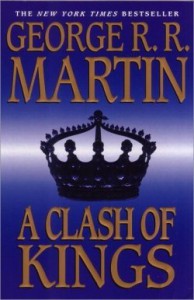The Buffett Rule is Unfair (and I Oppose It)
President Obama is proposing a new principle: the “Buffett rule”
President Obama on Monday will call for a new minimum tax rate for individuals making more than $1 million a year to ensure that they pay at least the same percentage of their earnings as middle-income taxpayers, according to administration officials.
Mr. Obama, in a bit of political salesmanship, will call his proposal the “Buffett Rule,” in a reference to Warren E. Buffett, the billionaire investor who has complained repeatedly that the richest Americans generally pay a smaller share of their income in federal taxes than do middle-income workers, because investment gains are taxed at a lower rate than wages.
This argument, however, ignores the entire concept of double taxation. I oppose the Buffett rule because investment income is already taxed twice: once as corporate income and once as investment income. This means that investors are actually paying higher taxes than everyone else.
I’ll illustrate this by walking through a simplified example. I’m aware that this is a very, very, very simplified example. (For instance, it ignores corporate tax deductions and other “tax breaks”. It also ignores whatever “loopholes” Mr. Buffett is currently using to reduce his own personal tax liability.) I think the general idea is correct, however.
Let’s say Berkshire Hathaway earns a profit of $18,000,000 and wants to distribute the entire amount as dividends to its shareholders. And, for the purposes of extreme simplification, let’s say that Mr. Buffett is the sole shareholder.
First, Berkshire Hathaway must pay U.S. corporate income tax on the profits. Corporate income of $18,000,000 would be taxed at a rate of 35%. The remaining balance would be distributed as investment income, to Mr. Buffet. Mr Buffet will then pay a capital gains tax of 15% on that money. Here’s how that breaks down.
| Type | Amount |
|---|---|
| Corporate Income | $18,000,000.00 |
| Corporate Tax (35%) | $6,300,000.00 |
| Income to Distribute | $11,700,000.00 |
| Capital Gains Tax (15%) | $1,755,000.00 |
| Personal Income | $9,945,000.00 |
| Total Tax Paid | $8,055,000.00 |
| Total Tax Rate | 44.75% |
Now, let’s imagine that we implement the “Buffett Rule” and we require Mr. Buffett to pay a 35% tax rate on his investment income. Here’s how that breaks down.
| Type | Amount |
|---|---|
| Corporate Income | $18,000,000.00 |
| Corporate Tax (35%) | $6,300,000.00 |
| Income to Distribute | $11,700,000.00 |
| Income Tax (35%) | $4,095,000.00 |
| Personal Income | $7,605,000.00 |
| Total Tax Paid | $10,395,000.00 |
| Total Tax Rate | 57.75% |
This rule definitely forces Mr. Buffett’s taxes up, but he’s hardly paying the same rate as the rest of us. He’s now paying a total tax rate of 58% on his income—far more than the 35% rate that “we” pay.
If we wanted to aim for equal taxation (the supposed aim of the Buffett Rule), we need to aim at more fundamental reforms. For instance, how about eliminating the corporate tax rate and then taxing investment income at the same rate as personal income? That would eliminate all of the hanky panky that goes on with the corporate tax code and would, in one fell swoop, eliminate all of its deductions and loopholes. It would simultaneously increase the taxes directly paid by Mr. Buffett. Here’s how that breaks down.
| Type | Amount |
|---|---|
| Corporate Income | $18,000,000.00 |
| Corporate Tax | $0,000.00 |
| Income to Distribute | $18,000,000.00 |
| Income Tax (35%) | $6,300,000.00 |
| Personal Income | $11,700,000.00 |
| Total Tax Paid | $6,300,000.00 |
| Total Tax Rate | 35.00% |
Mr. Buffett is now paying the same rate as “we” do. That’s fair, isn’t it?
This entry was tagged. Income Investment Tax Reform Taxes


